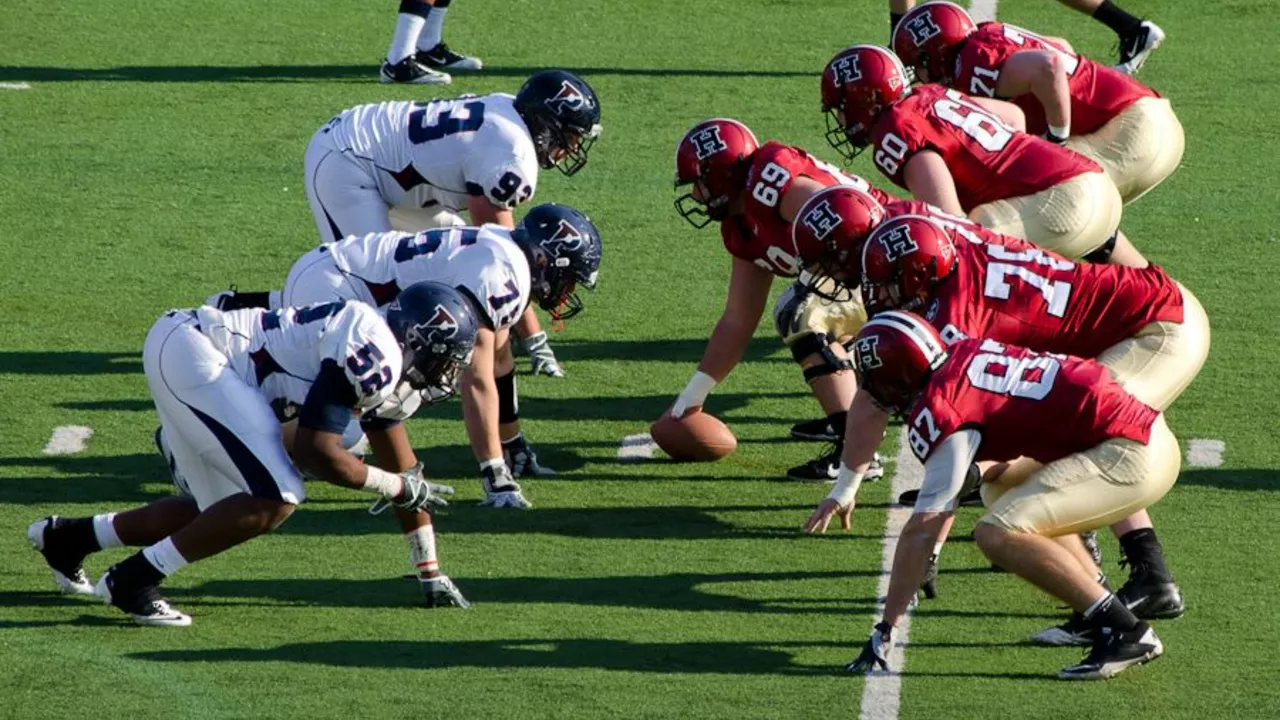Understanding the Basics of Israel's Soccer League
As an avid soccer fan, I've always found it fascinating to delve into the world of different soccer leagues. Israel's soccer league, known officially as the Israeli Premier League, is one of those that often gets overlooked. Similar to Major League Soccer (MLS) in the United States, it consists of professional teams, each vying for the top spot. However, it has its unique characteristics and a rich history that sets it apart. The league's season runs from August to May, with teams playing 33 matches each, battling it out in a home and away format.
History and Evolution of Israeli Soccer
The Israeli Premier League wasn't always as it is today. The league's inception can be traced back to 1928, but it was not until 1999 that it adopted its current structure. Back in the day, the league was divided into regional groups due to travel restrictions and security issues. However, as the nation evolved, so did the league, becoming more competitive and structured. It's a testament to how soccer can reflect the history and societal changes of a nation.
The Competitive Landscape and Ranking System
Just like the MLS, the Israeli Premier League follows a point-based system. Teams earn three points for a win, one for a draw, and none for a loss. The team with the highest points at the end of the season is declared the champion. However, what makes the league unique is its relegation system. The two lowest-ranked teams are relegated to Liga Leumit, the second division, while the top two teams from Liga Leumit are promoted to the Premier League, ensuring a fresh and competitive landscape every season.
Notable Teams and Rivalries
When it comes to teams, there are some names that stand out in the Israeli Premier League. Maccabi Tel Aviv, Hapoel Be'er Sheva, and Beitar Jerusalem are some of the most successful and popular teams in the league. The rivalries between these teams are intense and are a significant part of the league's appeal. The match between Maccabi Tel Aviv and Beitar Jerusalem, known as "The Big Tel Aviv Derby," is one of the most anticipated matches of the season, drawing fans from all over Israel and beyond.
Spotlight on Player Talent
Israel's soccer league has been home to some remarkable talent over the years. Players like Eran Zahavi, who holds the record for the most goals in a single season, and Yossi Benayoun, who had a successful career in Europe, started their careers in this league. The league has become a breeding ground for young talent, giving opportunities to domestic and foreign players alike to showcase their abilities.
The Influence of European Soccer
European soccer has had a significant influence on the Israeli Premier League. Many Israeli players aspire to play in top European leagues, and the Premier League serves as a stepping stone for them. Additionally, the playing style, training methods, and even fan culture in the Israeli league have been heavily influenced by European soccer. This influence has played a crucial role in shaping the league into what it is today.
Experiencing the Fan Culture
The fan culture in the Israeli Premier League is intense and passionate, similar to that of American sports leagues. From chanting and singing to displaying banners and flags, Israeli soccer fans are known for their undying support for their teams. The atmosphere at the games, particularly during local derbies, is electric, reflecting the passion that Israelis have for soccer.
The Future of Israeli Soccer
Despite its challenges, the future of Israeli soccer looks promising. With growing interest in the sport, increased investment, and a continuous flow of talent, the league is set to reach new heights. The introduction of VAR (Video Assistant Referee), just like in the MLS and European leagues, is a significant step towards modernizing the league. It's an exciting time to be following Israeli soccer, and I can't wait to see what the future holds.
